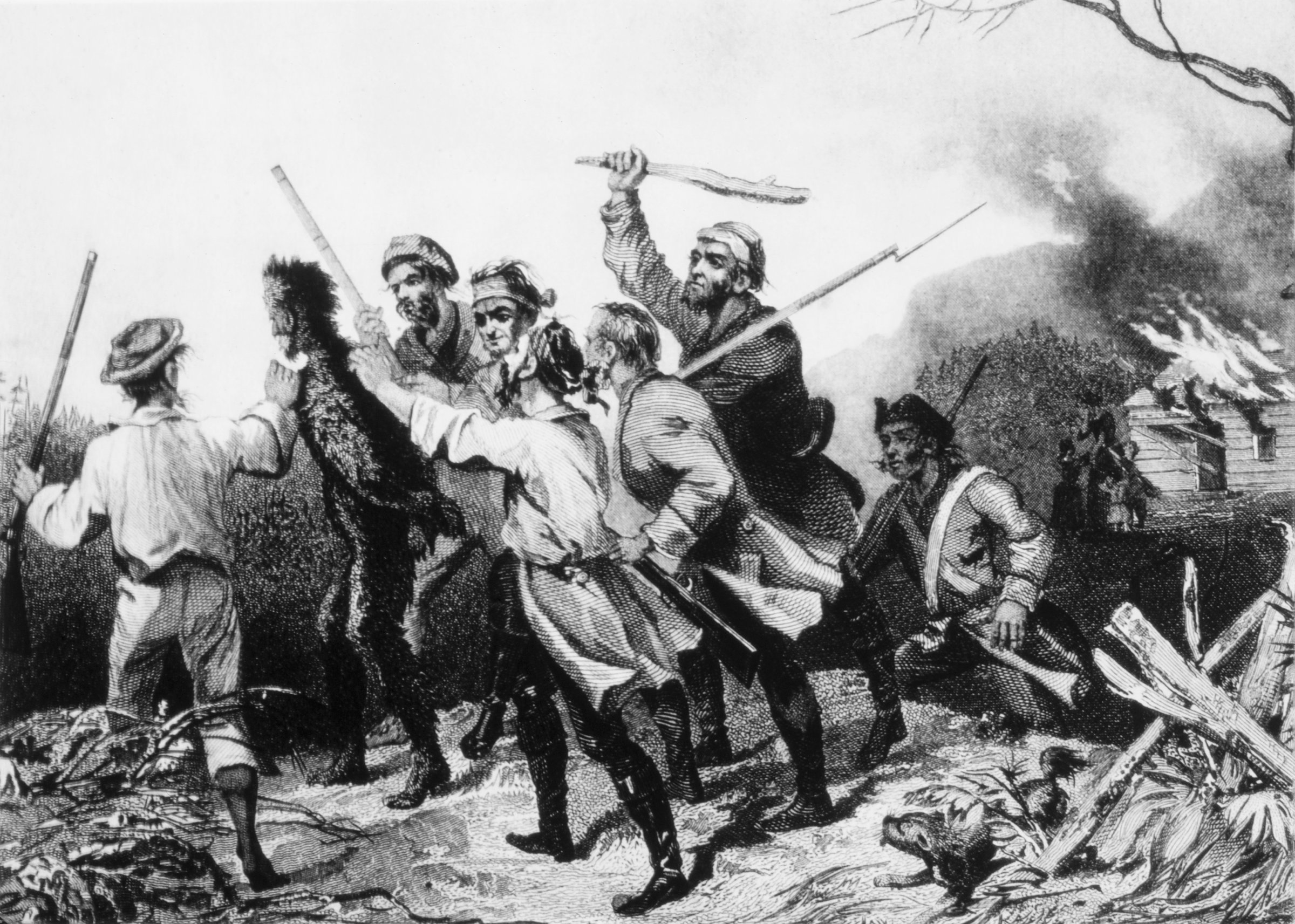
Rum was an intended economic and cultural victim of the United States. As a country, the United States chose to encourage the development of whiskey over rum, perhaps to discourage duties being sent to Great Britain and to ameliorate farmer revenue sources for grains.
After George Washington enacted a whiskey tax, Pennsylvania distillers revolted in what was known as the Whiskey Rebellion. President Thomas Jefferson repealed the whiskey tax in 1802, but it briefly reappeared to pay for the War of 1812. From 1817 to 1862, American whiskey distillers did not pay taxes, while New England rum producers were highly taxed, and foreign spirits were impeded with high tariffs.
Upon the end of the War of 1812, the United States required a 20 percent duty on rum, sugar, and molasses from the British islands, as well as a $20 port charge. By 1822, Jamaican rum paid 75% tariffs, West Indies rum 110%, and molasses received tariff rates up to 30 to 40%. The Americans were systematically creating an economic disadvantage for rum distillers and importers. Consumers paid upward of 300% more for rum than whiskey, and New England distillers were forced to pay heavy duties on imported molasses. Meanwhile, whiskey and its base grains — specifically corn — were distilled tax free, and the government encouraged the planting of corn. New England rum makers and the rum importers reacted by petitioning Congress to drop its rum prejudice. Throughout the 1820s and 1830s, rum interests fought for their lives. “Whiskey has come into almost universal use throughout the United States, except those sections of the country which carry on a direct and barter trade with the West Indies,” US Representative Samuel F. Vinton (Ohio–Whig) said in 1828. Vinton argued that rum was too expensive because of the labor and travel associated with it. But he argued that several states relied upon the West Indies for commerce. Vinton said,
So the people of Maine and North Carolina can buy rum, because their lumber always finds a ready market in the West Indies. The fisherman can do the same thing, because he can always sell his fish in those Islands. But, sir, can the inhabitant of Maine or North Carolina send his lumber to Ohio or Kentucky? Will the people of Ohio, Kentucky, or Pennsylvania, give to the fisherman of Nantucket, their whiskey in exchange for his codfish? No sir, they will not do it, for the plain reason, that they do not want them. There is nothing that these people can send to the West to pay us for our whiskey. And until they can pay us in their own labor or the produce of it, let the price of whiskey be what it may, ten, twenty, or thirty cents, the result will be the same; they cannot buy it. Communities of men and individuals must live by labor and the exchange of commodities, or they will go to inevitable ruin.
Vinton’s American regional liquor argument provided hope that port cities could trade and barter with rum sellers while the whiskey states distilled whiskey. He did not believe in taxing molasses, saying “this tax upon molasses, like a killing frost, will be a curse to thousands, and a blessing to none.”
Rum proponents began to argue that whiskey distillers were corrupt, buying grains below the farmer’s costs and making a hefty profit. In the 1828 tariff bill, rum-friendly congressmen argued that taxes against foreign rum and molasses benefited whiskey distillers, while in defense of whiskey, other congressmen contended that every three gallons of imported molasses manufactured into New England rum eliminated the market for one American bushel of corn or rye.
Around the same time, Pennsylvania, Tennessee, and Kentucky whiskey were gaining notoriety, and their distillers were becoming wealthier by the year. Merchants had fewer requests for Jamaican rum and more for whiskey. In fact, during these congressional debates, the country’s greatest liquor port city — New Orleans — saw fewer purchases of rum and more of whiskey. New Orleans newspapers consistently updated their readers when Kentucky whiskey shipments arrived, while barrels of rum waited for weeks before they were sold. So, it wasn’t just legislative effort to kill rum in the United States. Americans wanted whiskey, and laws penalized rum producers so much that they could not compete on either price point or marketing.
From Rum Curious by Fred Minnick. Used by permission from the publisher, Quarto Publishing Group.
More Must-Reads from TIME
- Inside Elon Musk’s War on Washington
- Meet the 2025 Women of the Year
- The Harsh Truth About Disability Inclusion
- Why Do More Young Adults Have Cancer?
- Colman Domingo Leads With Radical Love
- How to Get Better at Doing Things Alone
- Cecily Strong on Goober the Clown
- Column: The Rise of America’s Broligarchy
Contact us at letters@time.com